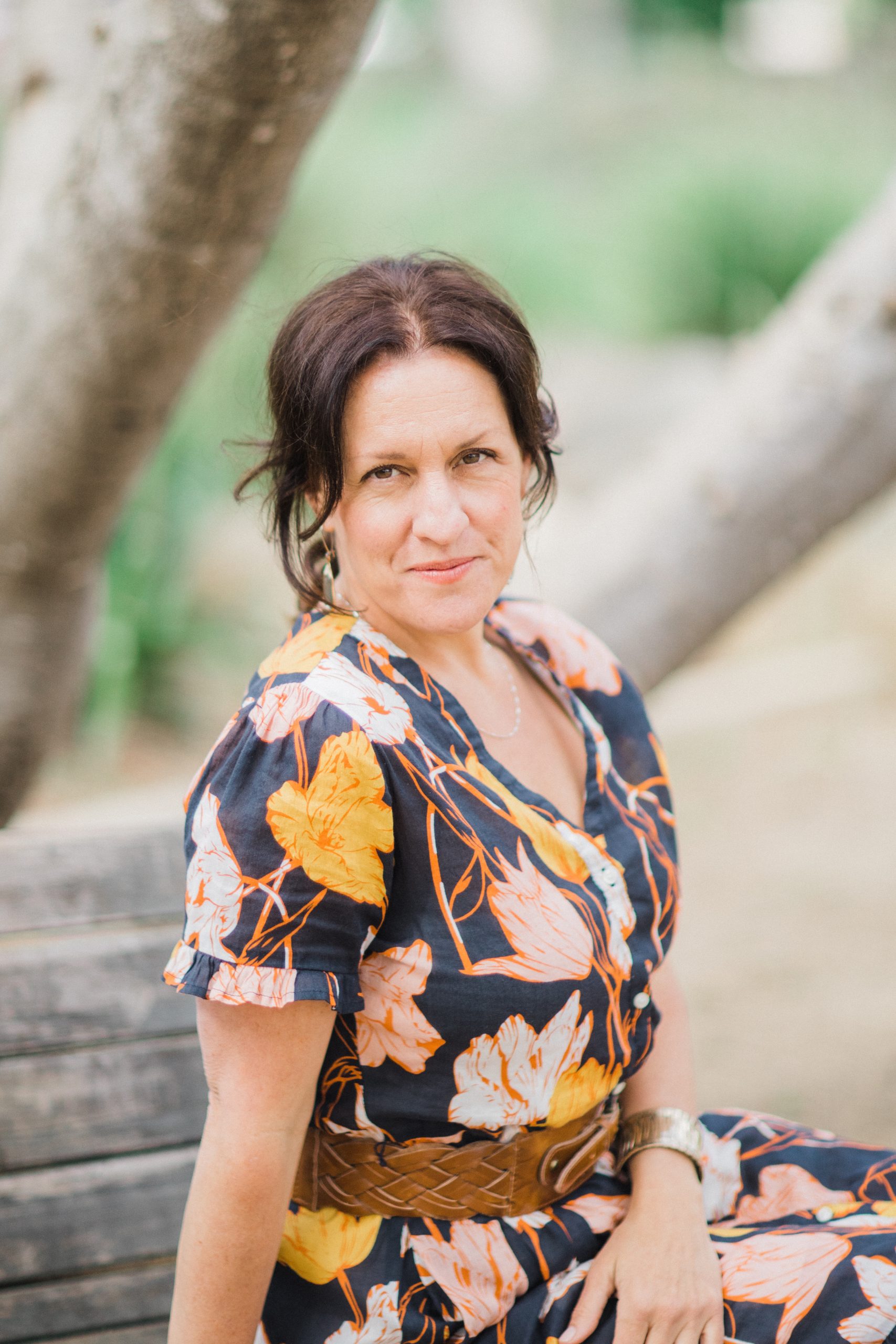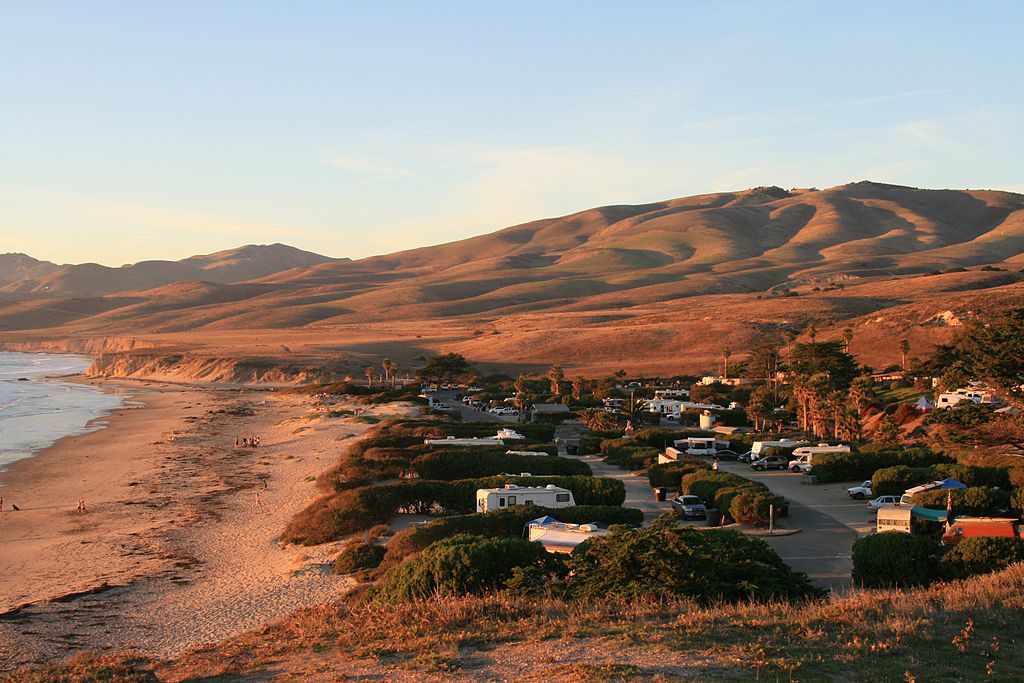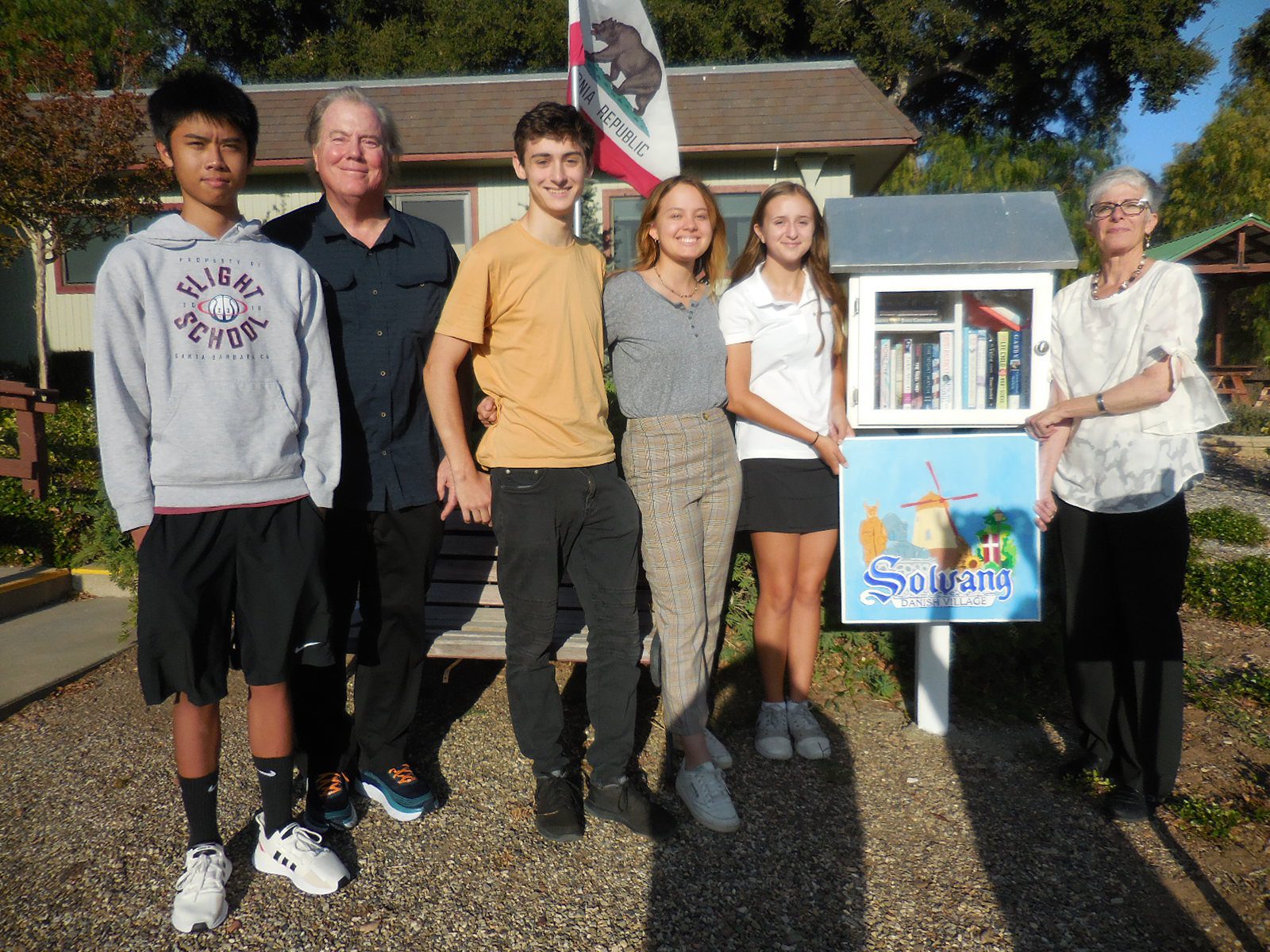By Leanne Elliott
Museonthemountain.com
When I first posed the question to myself last spring, I didn’t even know what the word “happiness” meant to me. We had been quarantined at home for nearly eight weeks, finding a rhythm in an isolation we had never known before.
While I relished the lack of stress, and the abundant family time, those weeks also contained a certain level of anxiety for me. There was too much spaciousness in which my goal-oriented brain thrashed about looking for the next dopamine hit. For a time, there were very few commitments and I didn’t really know what to do with myself if I wasn’t achieving something.
I had spent my whole adult life pushing and never letting up. Burned out and exhausted was a badge. I thought people who play and enjoy life can’t really be trusted. I’ll play when my achievements have been fully realized. I’ll sleep when I’m dead.
The pact I made with my stress and anxiety required constant worry and control. I wrestled with the haunting impression of feeling left behind even before my feet hit the floor in the morning. I thought it was telling me to try harder and do more. Forget my already abundant life, it all meant nothing unless I forgot to breathe.
So naturally, when one cannot fulfill a pact with achievement, one has no other choice but to numb. But at the beginning of June, when it became clear that this pandemic wasn’t going anywhere, my waistline was telling me maybe numbing on Netflix and candy and cocktails at 3 p.m. wasn’t the best game plan for the long haul.
So, what then? Maybe I needed more gratitude. To simply sit in my wealth and be glad for it. Thank you, thank you … stop wanting more. One early morning, I stopped pushing into gratitude and asked instead: if more is what you want, then … more of what? I didn’t really know.
So, I turned to some of my favorite sages to fill my head with affirmations. I picked up Mary Oliver and Rumi, Brene Brown and Elizabeth Gilbert. I listened to interviews with poet laureates and Indian tribal leaders and Margaret Atwood, whose 80-year-old voice brought hope that someday we’ll look back on this like this was the most illuminated time of our lives.
In that spirit, I don’t know if picking up “Untamed” by Glennon Doyle was the best or worst decision of my quarantine reading. It’s a book that makes you want to take a match to the inventory of your whole life. Not ideal when there’s a global pandemic. Stuck at home is what I was, forced to take a real and deep look inside myself, in the unending quiet of waiting.
And in that quiet, I realized, I’ve volunteered for jobs and positions that kept me in leadership but never asked me to be authentic. I straightened my hair and ate salads. I leaned into control, feigning politeness and humility but not really showing a true version of me.
It turns out I had forgotten altogether that I’m not blown-out and conforming, I’m actually wild and frizzy. That all these years it was my idea alone to give away my power, and then blame that on others. What I longed for in the deepest caverns of my soul wasn’t happiness, it was contentment. And the road to that, I learned, is paved in moments of joy, which is the thing that gets lost first and fastest in the pursuit of achievement.
Stress was never going to be my partner. Anxiety was never going to hold up its end of the bargain. They were never my partners, they were my addiction. I knew I had to dismantle this addiction, and I couldn’t rely on any of my old vices. So instead of thinking big, I had to go small. Instead of doing something, maybe I had to do nothing. Or perhaps, just do less of anything that brought stress or low-grade panic attacks. What if I leaned into what filled me with warmth and ease? After all this needed to last past a lifted quarantine. This was the long-haul plan. This was about declaring for myself that we weren’t going back, anymore, to crushing things to death with determination.
I started simple. Yoga every morning. Not sweaty, hour-long sessions, but like 20 minutes tops. I was doing yoga, I wasn’t achieving yoga. I looked up from the computer. I look up at the sky. I stopped wearing makeup and let my hair go curly again. I looked my kids in the face more. I wrote poetry no one would read. I listened to symphonies. I broke up with social media because I knew that my fragile psyche couldn’t handle the public outcry around our crumbling status quo.
Because guess what? I was having my own public outcry. To turn down the volume on those internal voices, to ignore the thrashing ego …that took a massive effort. But I was trying. It wasn’t perfect. I added the good stuff more than I took away what was bringing me down. And when I strung enough of those joy-filled things together it was like a magnet for other good stuff like creativity and laughter, which always felt like they belonged to other people.
So, when we arrived to December, I wasn’t surprised to see the explosion of “Stick It to 2020” merchandise. T-shirts, Christmas ornaments, travel mugs and bumper stickers. I couldn’t help but to feel sad around that sentiment. Maybe we shouldn’t place the year, as a whole, into the archives of WORLD’S WORST. Was there really nothing redeeming? Was a year that demanded we sit down and listen up, really a total loss?
I thought about how we’re not promised a rose-colored life. I can hear the spirits laughing at the idea that we don’t deserve hardship and discomfort. Oh, how they delight to see us sweat, because from our discomfort comes change. From our unease comes compassion and introspection. From our tears and loss comes a clearer picture of our fragility and vulnerability. And in the face of that we can numb and turn away or look inward and let it rearrange us until we are unrecognizable to ourselves.
Did you notice that this one is waiting us out? As we passed the one-year anniversary did you notice that it’s still not really going anywhere? Hope is on the horizon, but what is required of us in the new definition of normal? It feels like this catalyst will remain in place until we see more clearly that our wealth exists in the spaces in between. That abundance is in the breathing room. That joy lives in our ability to appreciate what already exists.
Maybe then, will we stop seeing this as something that is happening to us, and allow it instead to come inside, rearrange the furniture, and find a comfy spot to stay awhile. It is already taking up space with an invitation. I’m figuring out what to do with mine. What will you do with yours?







